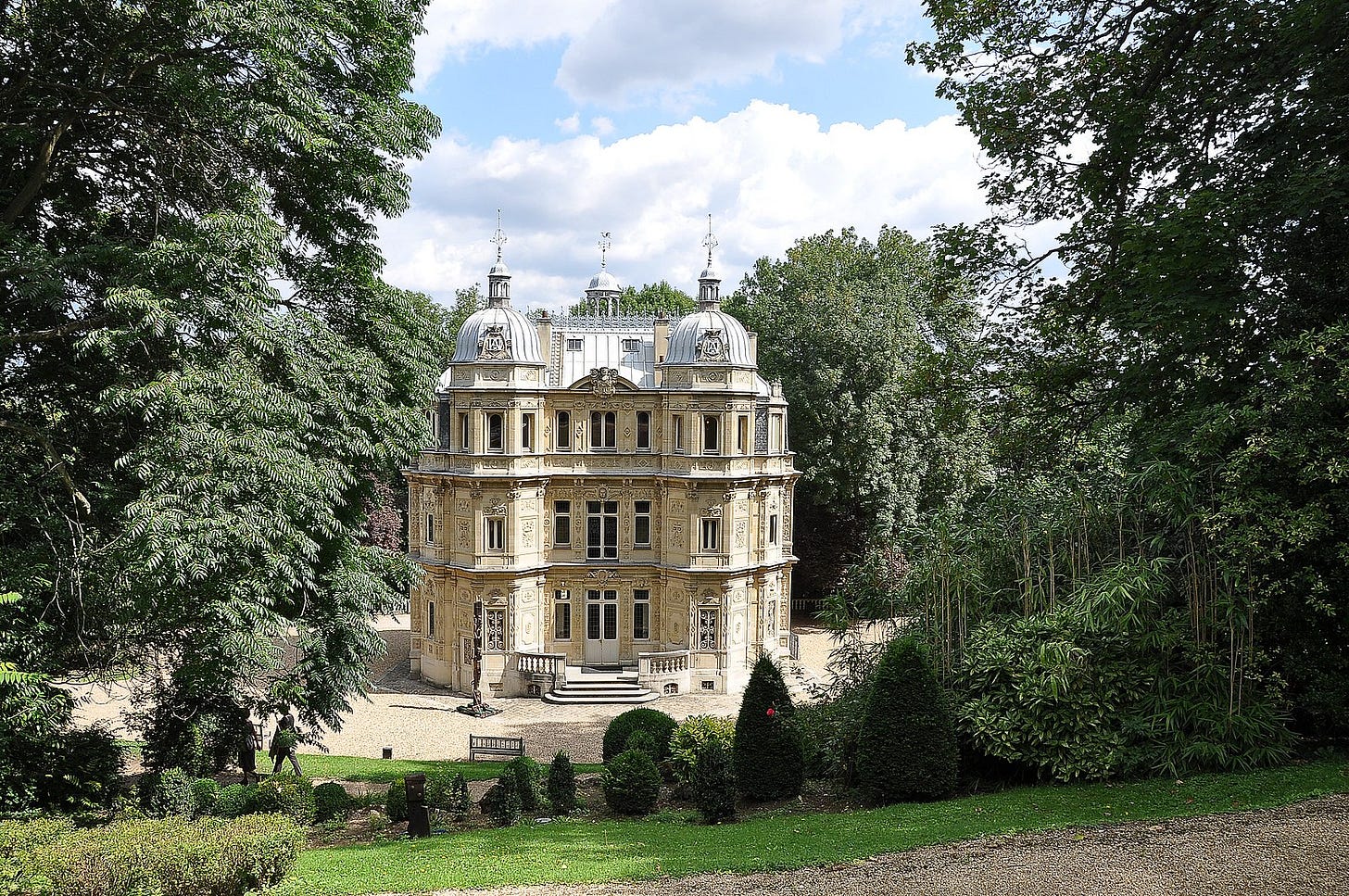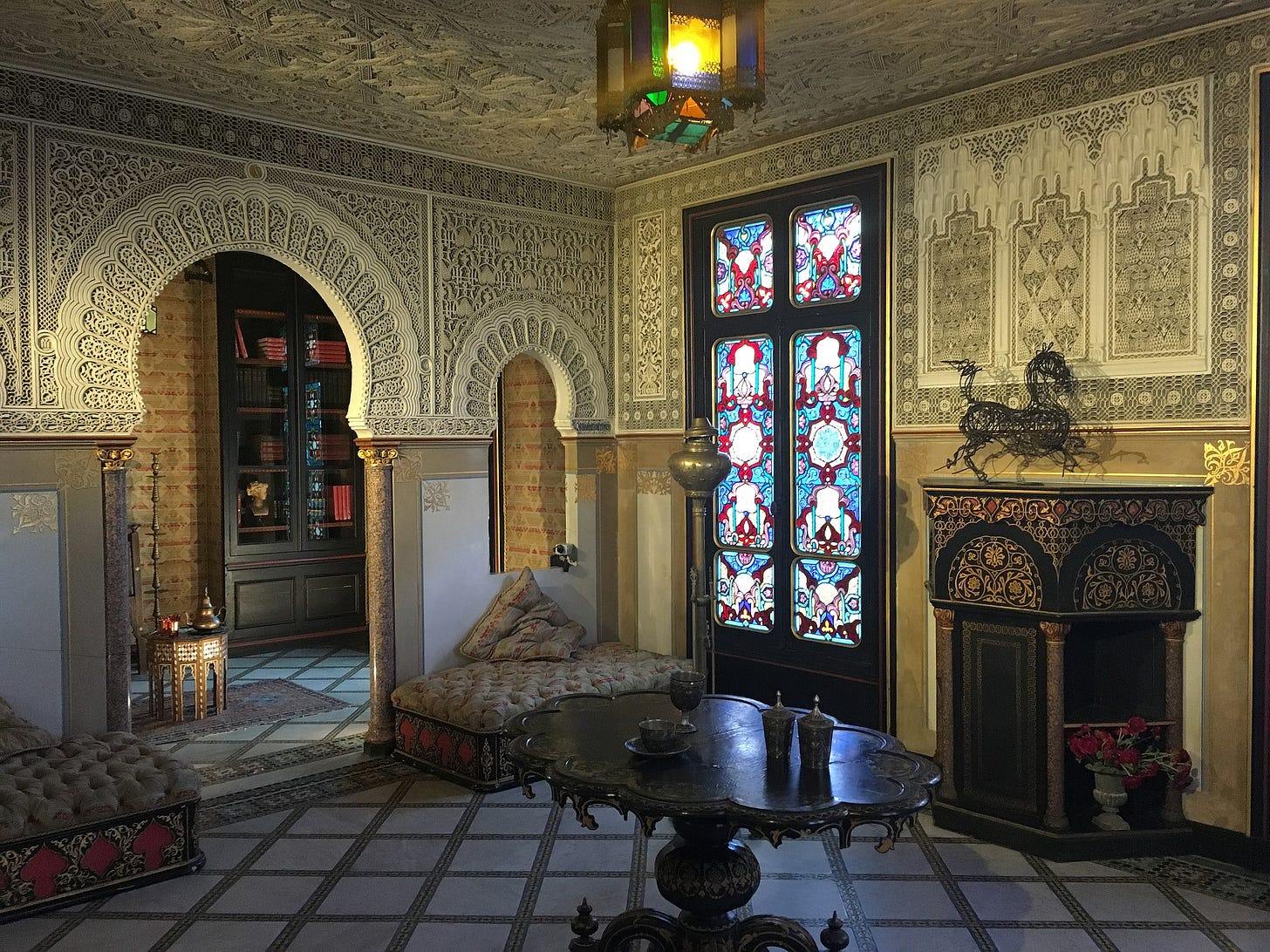Hello! I went to see The Three Musketeers: D'Artagnan this week, while it is still being shown in cinemas, and which is as you guessed an adaptions of the Dumas classic. I usually don’t watch adaptations before having read the original material, but The 3 Musketeers is so ubiquitous it does not really matter here. Its adaptations even have their own Wikipedia page!
My first introduction to the novel was with the animated series Albert the Fifth Muketeer, which every French millennial child has watched. It tells the story of Albert, the fifth musketeer, who was instrumental in defeating the cardinal’s plans, thanks to his intelligence and his spaghetti throwing trombone. The absurdity is part of the charm. With such a strong start, there is no point in trying to avoid remakes before having read the original material.
Yet, the movie is so well made and entertaining, it made me want to read it. All the contrary from the previous adapted movie I’ve seen, Never Let Me Go, where the storyline was so depressing I know I will never read the book. If you want to hear me complain about characters not rebelling against their destiny, you can listen to this podcast (in French).
What was most striking though, is realising the novel was written in 1844, and is still inspiring artists all around the world. Dumas is the second French writer with the most translated titles, including The Count of Monte Cristo, and his continuing success lies in part in his talents as a writer of serials. Modern series end their episodes on cliffhangers, so did Dumas’ chapters.
Escapism

I cannot be writing about Dumas without mentioning the Chateau de Monte-Cristo, his (magnificent) house in the vicinity of Paris. Open from late winter / early spring to november, the castle was built in 1844 as his dream home, and sold in 1849 to pay his debts. In 1969, the owner, a private development company, planned to destroy it to build homes. Two preservation groups fought against the project and managed to save and repair the castle. The domain is now classified as a Monument Historique, ensuring its protection.
The exterior is richly ornamented and the interior very eclectic, taking inspiration in literature and travels.

More information on the official website
A dash of culture
You cannot really understand Alexandre Dumas without knowing his father. He is the inspiration behind several of his characters and has led a life that would deserve its own novel.
I hope you enjoyed this edition of Sunday, What!?, learned some things about Dumas, and perhaps even decided to read one of his novels. He is the kind of author that can reconcile non readers with literature. Were I to be stranded on a desert island, I would probably bring The Count of Monte Cristo with me. Anyway, see you next week!


